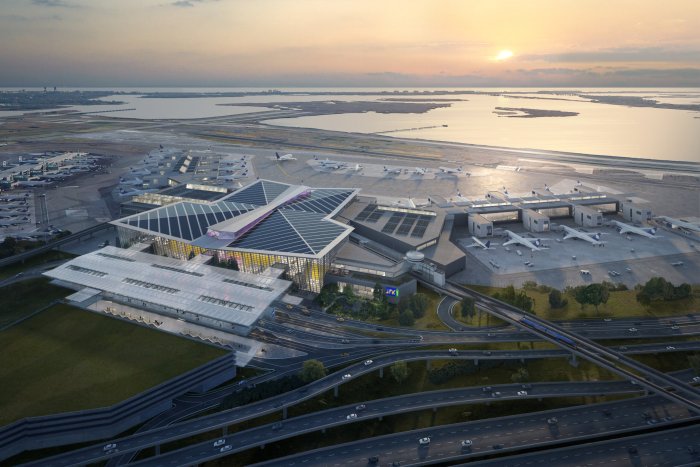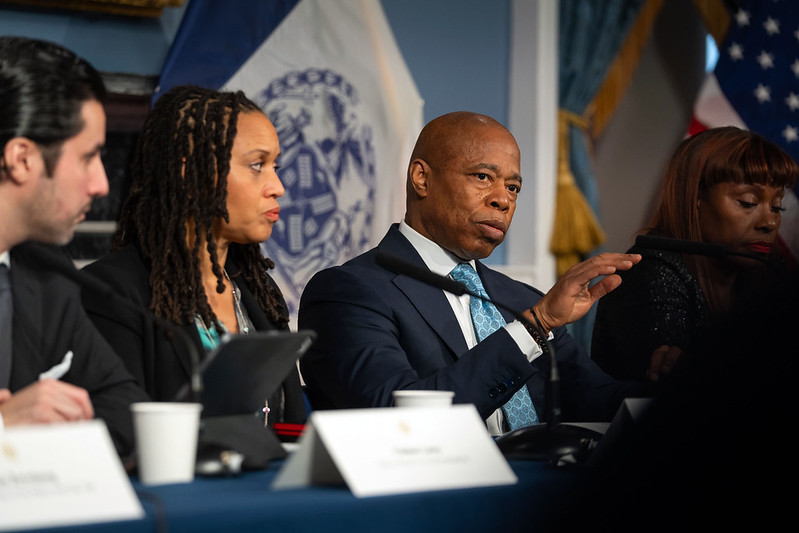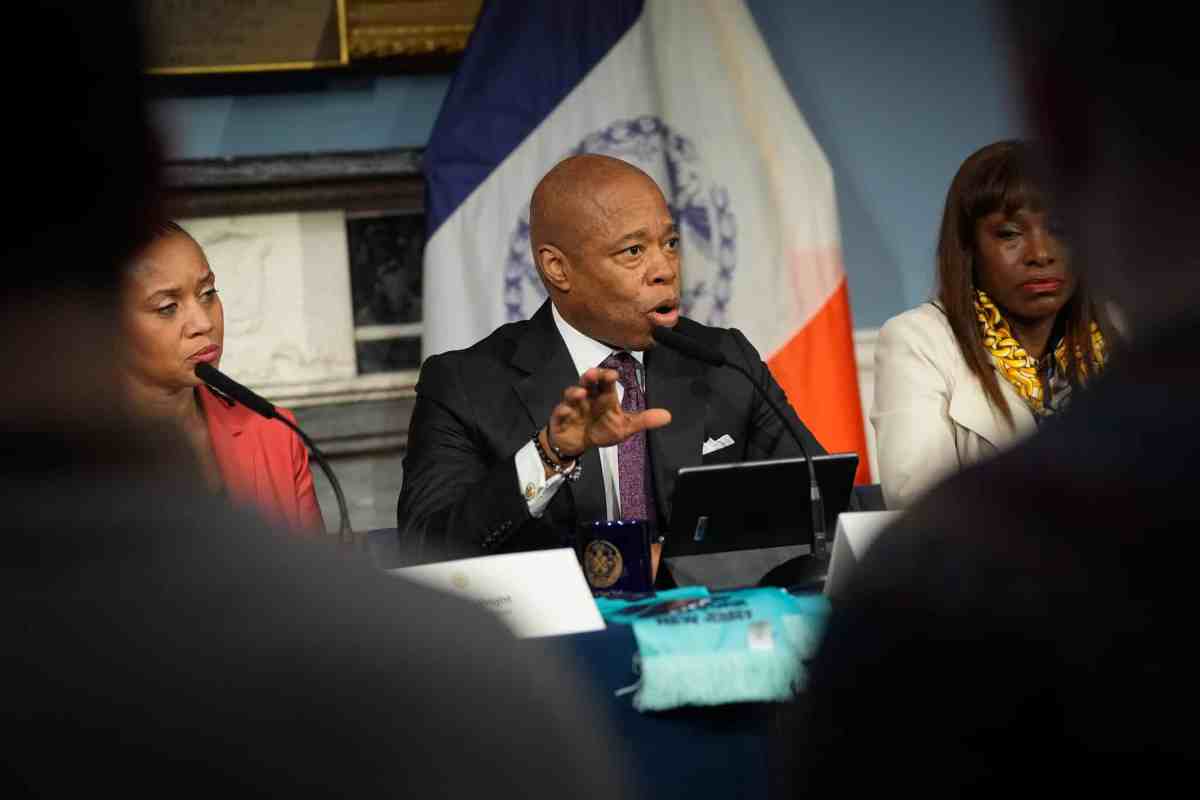Human trafficking is an epidemic that spans the United States and afflicts Queens.
In New York City, lawmakers from the borough, are arguing that not enough is being done to support trafficking victims.
State Assemblyman Andrew Hevesi held a news conference last week calling on Gov. Andrew Cuomo and New York state to sign legislation that would create “culturally competent” shelters for survivors of human trafficking. Hevesi was joined by Assemblyman Mike Miller of Woodhaven and City Councilman Barry Grodenchik of Oakland Gardens, on the steps of City Hall in Manhattan. The Queens electeds led the charge urging Cuomo to sign the joint bill to establish both short-term safe and long-term safe house residential facilities and services operated by not-for-profit agencies for survivors of human trafficking.
These facilities would offer health care, mental health counseling, drug addiction screening and treatment, language interpretation and translation services, English language instruction, job training and placement assistance, post-employment services for job retention, and services to assist the victim and their family members establish permanent residency.
Queens is the nation’s most ethically diverse county, and neighborhoods such as Flushing, Jackson Heights and Woodside have been the site of numerous trafficking cases. The borough was also the driving force behind a pilot program that led to the 2013 creation of the statewide Human Trafficking Courts, which are designed to connect human trafficking victims to social services, including mental health care, housing, and educational and employment opportunities.
Since 2007, There have been 1,945 total calls to the National Human Trafficking Hotline, which reported 4,303 victims of human trafficking in New York state. Those numbers include 860 victims in 2017. These totals are way too high.
It should be an easy decision for Cuomo to sign this bill into law. Human trafficking victims are often left to cope with physical and psychological trauma and deserve a place to process their troubling ordeals before returning to society. These shelters will help.
For many survivors of human trafficking, their most immediate and essential need is a safe, supportive place to stay. In New York state, we have all kinds of shelters, including homeless shelters, domestic violence shelters and youth shelters. It’s time to add shelters for human trafficking victims to the list.
It’s clear that shelters tailored to meet the particular, cultural needs of trafficking survivors are necessary. Introducing the legislation is a step in the right direction. Now, we need our governor to make it a reality.
































